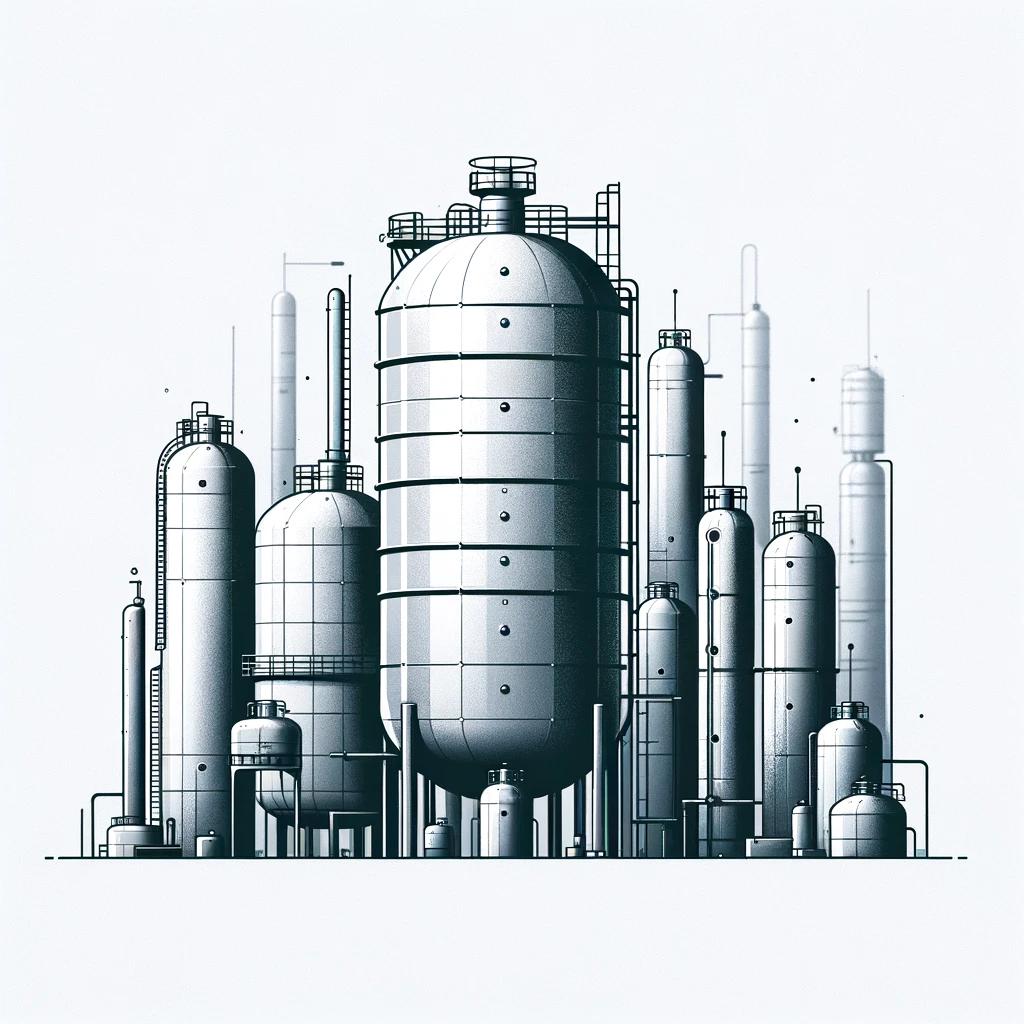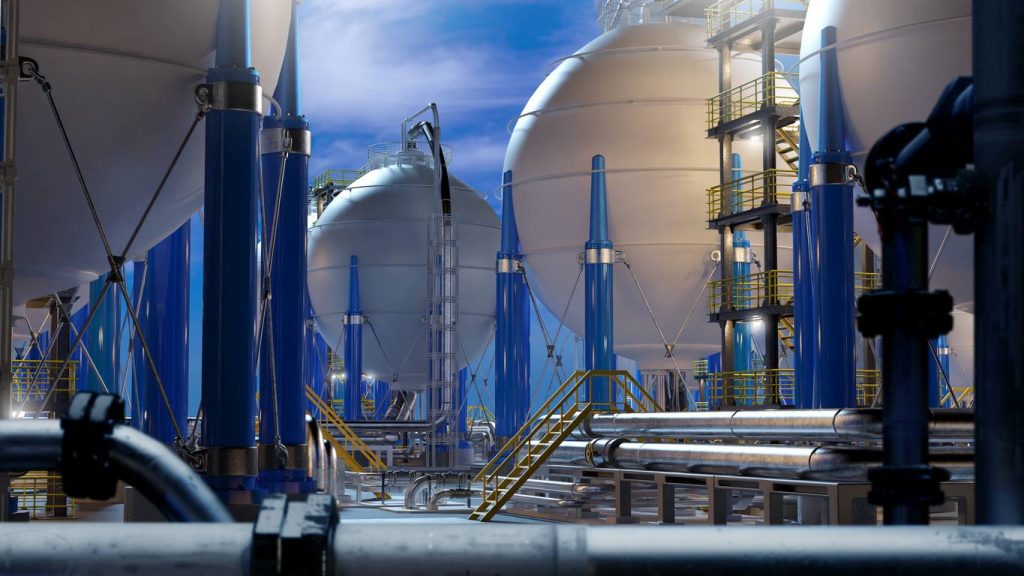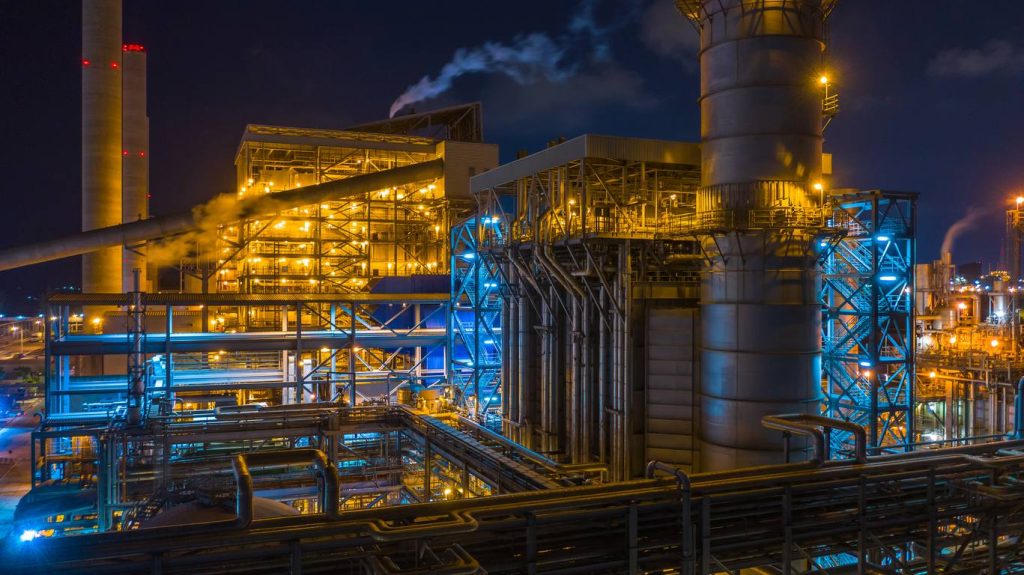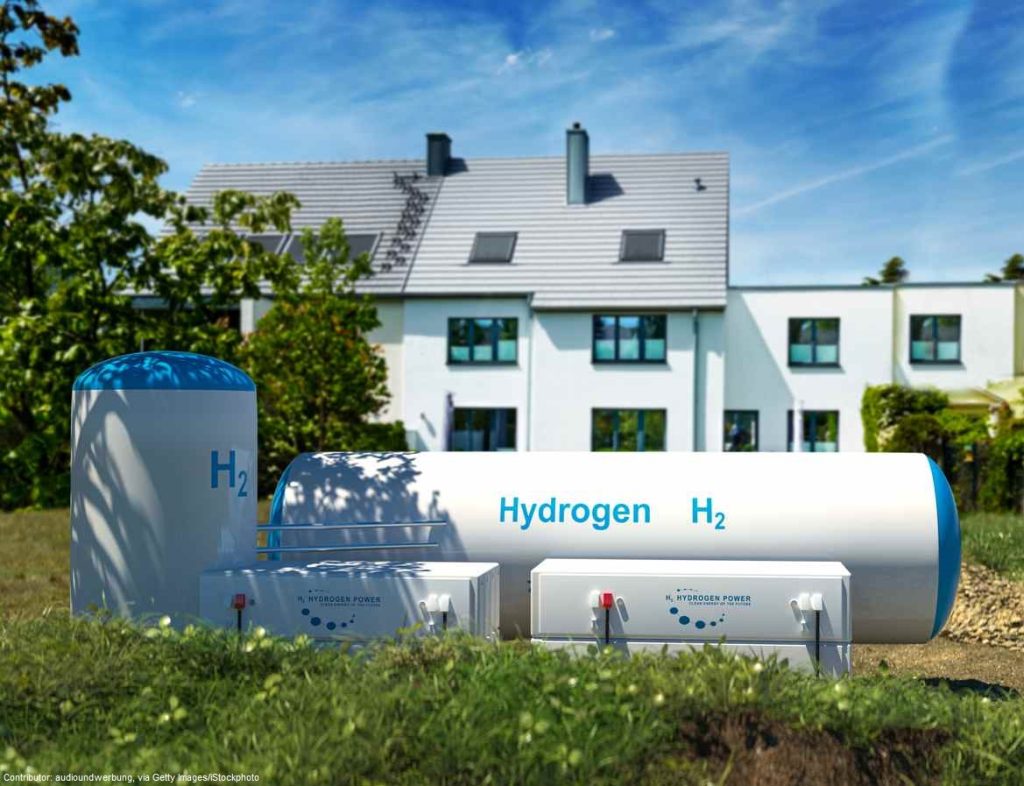AI-based Optimization for 5G Base Stations
SK Telecom has announced that it will implement AI-based quality optimization technology in its 5G base stations in partnership with Samsung Electronics. This technology, known as the AI-Radio Access Network (AI-RAN) Parameter Recommender, is designed to optimize the performance of the commercial network. Through the use of artificial intelligence and deep learning, the two companies continuously analyze past performance data to improve mobile network operations. Telecom products require KC EMC certification to be approved for import and sale in Korea.

SK Telecom and Samsung have recently developed technology that automatically suggests optimal parameters for each base station according to the environment to boost network performance. Since the terrain and environment affect the signal strength and thus the quality of service, the Samsung Network Parameter Optimization AI Model helps to use resources efficiently and keep large cellular networks in clusters in optimal condition. In addition, SK Telecom’s AI technology can automatically optimize network adaptation by regulating signal output performance in areas with low signal strength or transmission errors.
Feel free to contact us any time if you need assistance or have any questions regarding Korean certifications like KC, KC EMC, KCs, KCs for explosion safety products or KGS factory registration.
Tel. Europe: +49-69-271 37 69 261
Tel. US: +1 773 654-2673
Email: info@korea-certification.com
For more information you can download our free brochure “Korea Certification Made Easy – The Booklet“.
World largest Hydrogen Liquefaction Facility built in Korea
SK E&S Co., a leading South Korean liquefied natural gas importer, has completed the construction of the world’s largest hydrogen liquefaction plant in Incheon, west of Seoul. This facility, expected to play a pivotal role in South Korea’s shift to a hydrogen economy, was built between 2021 and 2023 at a cost of 700 billion won ($513 million). It comprises three production units, each capable of producing 30 tons of liquefied hydrogen per day, along with six storage facilities with a capacity of 20 tons each. Equipment and components relevant to hydrogen production and storage typically require KGS certification to be approved for import and sale in Korea.

The plant, with an annual production capacity of 30,000 tons of liquefied hydrogen, purifies by-product hydrogen from SK Incheon Petrochem Co. into high-purity hydrogen and cools it to cryogenic temperatures of minus 253 degrees Celsius for liquefaction. The facility is capable of supplying hydrogen to fuel 5,000 buses and represents a key infrastructure development in the country’s hydrogen sector. SK E&S plans to establish 20 liquefied hydrogen charging stations across Korea this year, aiming to double that number by 2026.
Feel free to contact us any time if you need assistance or have any questions regarding Korean certifications like KC, KC EMC, KCs, KCs for explosion safety products or KGS factory registration.
Tel. Europe: +49-69-271 37 69 261
Tel. US: +1 773 654-2673
Email: info@korea-certification.com
For more information you can download our free brochure “Korea Certification Made Easy – The Booklet“.
Hyundai Motor expands Role in Hydrogen Value Chain and Infrastructure
Hyundai Motor Group is strengthening its leadership across the hydrogen value chain, focusing on everything from production to distribution of clean energy, beyond just hydrogen fuel cell vehicles. This initiative is supported by policy backing from the state of Georgia, where the group will complete its electric and hybrid vehicle plant in October. The facility, named Hyundai Motor Group Metaplant America (HMGMA), will serve as a logistics hub, utilizing Hyundai’s XCIENT hydrogen trucks for transport. Hydrogen production equipment and components generally require KGS certification to be approved for import and sale in Korea.

Hyundai is also exploring battery production and has signed supply deals for lithium hydroxide to support both hydrogen and EV batteries. Further expansion into hydrogen production includes partnerships with Indonesia’s Pertamina and upcoming hydrogen-fueled vehicle launches aimed at the U.S. market.
Feel free to contact us any time if you need assistance or have any questions regarding Korean certifications like KC, KC EMC, KCs, KCs for explosion safety products or KGS factory registration.
Tel. Europe: +49-69-271 37 69 261
Tel. US: +1 773 654-2673
Email: info@korea-certification.com For more information you can download our free brochure “Korea Certification Made Easy – The Booklet
SK Energy’s Gas CHP System to Cut Emissions and Boost Efficiency at Ulsan Complex
SK Energy Co., a subsidiary of SK Innovation Co., has introduced a new gas combined heat power (CHP) system at its Ulsan Complex (Ulsan CLX) in South Korea, aiming to lower its carbon footprint. The system, designed with proprietary technology in 2019, replaces a discontinued power boiler and is expected to reduce annual carbon dioxide emissions by 48,000 tons. Additionally, the company estimates energy cost savings of 19.1 billion won ($1.4 million) each year through the operation of the CHP. Power boilers used for the operation of refineries and chemical plants generally require KGS certification in order to be approved for import and sale in Korea.

The gas CHP system optimizes energy efficiency by capturing heat from gas engine exhaust to run the power boiler, decreasing reliance on liquefied natural gas (LNG) as a fuel. The revived boiler, known as B101, was first installed in 1971 and decommissioned due to inefficiency. Now operational with CHP technology, the system generates 75.6 gigawatt hours (GWh) of electricity annually, securing stable power for Ulsan CLX. This development is part of SK Group’s broader investment strategy to transform Ulsan into an eco-friendly, smart industrial hub with a budget of 8 trillion won ($5.8 billion).
Feel free to contact us any time if you need assistance or have any questions regarding Korean certifications like KC, KC EMC, KCs, KCs for explosion safety products or KGS factory registration.
Tel. Europe: +49-69-271 37 69 261
Tel. US: +1 773 654-2673
Email: info@korea-certification.com For more information you can download our free brochure “Korea Certification Made Easy – The Booklet
Revisions to Standards for Hydrogen Equipment and Fuel Cells Announced by KGS
The Ministry of Trade, Industry, and Energy (MOTIE) has recently approved and announced revisions to the Korean Gas Safety (KGS) Codes. The amendments pertain to the manufacturing standards for hydrogen extraction equipment and stationary fuel cells, which require a KGS factory registration. Notably, new seismic design standards have been introduced for above-ground hydrogen facilities and buried hydrogen pipelines.

The specific KGS Code standards affected by these revisions include AH171 (Hydrogen Extraction Equipment Manufacturing Standards), AH271 (Water Electrolysis Equipment Manufacturing Standards), AH371 (Stationary Fuel Cell Manufacturing Standards), AH372 (Mobile Fuel Cell Manufacturing Standards for Forklifts), and AH373 (Mobile Fuel Cell Manufacturing Standards for Drones).
Additionally, revisions have been made to standards concerning hydrogen facilities, including FU671 (Hydrogen Fuel Utilization Facility Standards), GC202 (Cathodic Protection Standards for Gas Facilities), GC203 (Seismic Design Standards for Gas Facilities and Above-Ground Gas Pipelines), GC204 (Seismic Design Standards for Buried Gas Pipelines), and GC205 (Welding and Non-Destructive Testing Standards for Gas Facilities). These amendments are predominantly focused on hydrogen-related facilities.
Key changes introduced by these revisions include the unification of standards for hydrogen product charging structures, with a clear distinction made between cases where protective housings can be easily detached and those where they cannot. The scope of application for solid oxide fuel cells has also been expanded to include cascade systems. Furthermore, seismic performance testing standards for mobile fuel cells used in forklifts and drones have been revised in accordance with U.S. military standards.
Other notable changes include the refinement of painting standards for hydrogen pipelines and the removal of the ban on installing ventilation fans in hydrogen fuel cell rooms. New standards have also been established for the cathodic protection of hydrogen facilities, as well as for the seismic design of both above-ground and buried hydrogen pipelines.
In addition to these revisions, the MOTIE has approved updates to standards related to city gas utilization facilities, liquefied petroleum gas (LPG) charging, collective supply, and storage facilities. These changes underscore ongoing efforts to enhance safety and ensure consistent standards across the industry.
Feel free to contact us any time if you need assistance or have any questions regarding Korean certifications like KC, KC EMC, KCs, KCs for explosion safety products or KGS factory registration.
Tel. Europe: +49-69-271 37 69 261
Tel. US: +1 773 654-2673
Email: info@korea-certification.com
For more information you can download our free brochure “Korea Certification Made Easy – The Booklet“.



